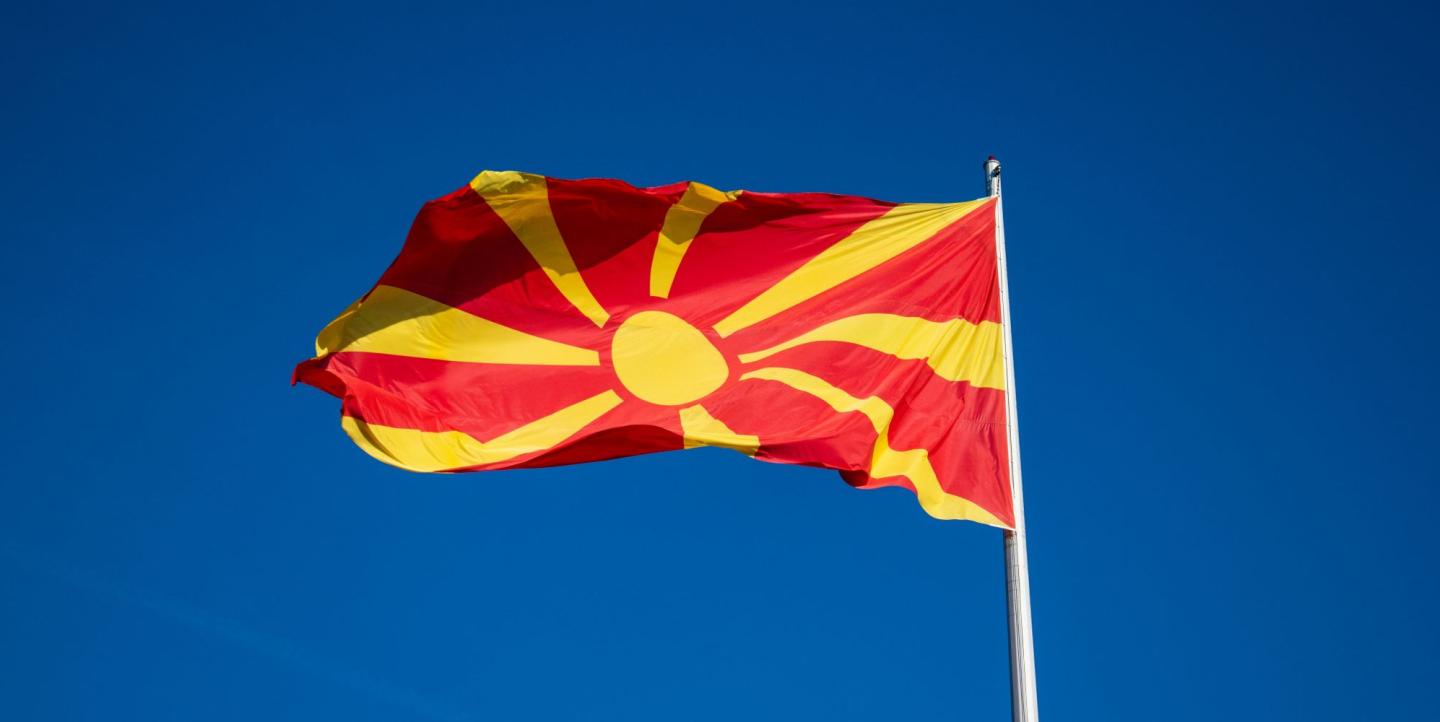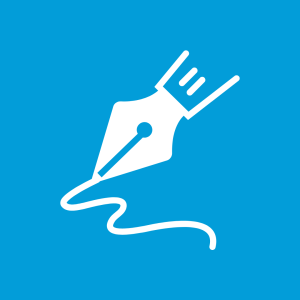This is the second in a two-part series. You can read the first article here.
The media environment in North Macedonia is challenging. Mis- and disinformation are major concerns, and the media industry is plagued by low salaries and a lack of professionalism. For many young people beginning their careers, there’s a sense that the industry doesn’t offer much promise, and lacks credibility.
The Metamorphosis Foundation understands the pitfalls of this difficult media landscape all too well; its journalists are currently weathering online attacks as a result of their fact-checking work.
We spoke with investigative journalist Goran Rizaov, media program manager at Metamorphosis, who shared with us more details about the current smear campaign the organization is weathering, and past ones it has navigated. He also offered advice for what fellow journalists can do if faced with similar attacks.
Who is behind the ongoing campaign against Metamorphosis Foundation?
We are attacked on social media, predominantly on Facebook, but also on X and YouTube, as censors, traitors, foreign mercenaries who are immoral and uncredible. The campaign was started by some of the anti-vaxxers on Facebook as a reaction to their posts being fact-checked and marked as false. These are also well-known pro-Russian individuals and groups who misused our transparency and distorted the facts to attack us.
The initial posts were shared hundreds of times, and this initiated an avalanche of other posts that are full of calls for violence and threats against us as journalists. Our pictures and names are shared online while calling for anyone who meets us on the street to “beat us up but not kill” us or give us some “good slaps on the face.”
Another infamous pro-Russian media figure in North Macedonia also published a video on YouTube where he repeats the same allegations of censorship, accompanied with personal attacks on our editors and journalists claiming that they are all either homosexual, drug users and purse snatchers, prostitutes or alcoholics.
Why would certain people or entities seek to discredit your organization’s work?
Of course there is nothing true about the allegations against us. We are in no position to delete anything from Facebook or any other social media. We are not connected to any form of censorship or obstruction of human rights and freedom of speech.
On the contrary, in our work we promote freedom of speech as one of our core values. By marking the viral disinformation as such and adding links to explanations, we are enabling the social media users to learn more about the issues and incite public debate.
All the content that fact-checkers have evaluated remains publicly accessible. When faced with a similar campaign in 2020, we even proved in the court of law that libelous claims that we erase content from Facebook are untrue.
As a social media platform, Meta has mechanisms to remove content that has violated its rules and regulations, such as provisions against hate speech, online harassment and violence, or copyright infringement. But those internal mechanisms have nothing to do with fact checkers.
There are many reasons why someone would attack us in this way. First, this means that our work is quite influential and successful in countering disinformation on social media, specifically on Facebook, which is the most popular platform in North Macedonia. Another reason would be to frighten us, and pressure us to impose self-censorship during our work, or even to be discouraged from debunking or fact-checking certain claims.
It is peculiar how we are attacked for censorship with the goal to self-censor ourselves. But I want to make sure that this campaign has the opposite effect on us. We are working even more vigorously, and we are fully devoted to upholding professional journalism standards while maintaining our spirit and enthusiasm. It has brought us even closer together as a team.
Have you endured similar attacks before?
Unfortunately, it has happened before. We live and work in the Balkans. A version of this campaign was launched almost four years ago, in October 2020. It started with a post on one news site titled, “These are the people who delete content from Facebook in Macedonia!“ accompanied with a collage of pictures of our employees. Then this collage was shared on social media and was even updated with pictures of all of us who work at Metamorphosis. Former employees were added, some freelance journalists that we cooperate with, even the members of our board. The comments again were full of hate speech and death threats.
An unsettling incident occurred when one of our finance and administration colleagues was verbally attacked. Following this distressing event, several of our employees began receiving threatening messages in their email inboxes. Fortunately, no physical harm was inflicted during these incidents.
However, there were two alarming instances where our team members were confronted by unidentified individuals in the streets after dark. It was quite disturbing, but the authorities didn’t take any measures to protect the people who were targeted, informing us about a year later that there was not enough evidence for hate speech charges.
The campaign has been on and off in waves for more than two years and up until recently we thought it was over.
What advice would you offer to other organizations or individuals facing similar threats?
It is hard to decide on the right course of action when faced with such campaigns. On one hand, if they are not already viral and you publicly react, you give them visibility; on the other hand, you cannot just ignore someone that is attacking you directly and threatening your wellbeing. You can imagine the conversations that you have to go through with your loved ones when they see something like this online. How do you explain to a child that someone is sending death threats to her father because of his profession?
We have decided not to ignore the smear campaign but also not directly confront the perpetrators, at least so far. In 2020, we took legal action and filed a civil suit for defamation against the first media outlet that started it. We won in court; the judge ruled that Metamorphosis didn’t delete posts on Facebook.
All big journalism associations in the country issued statements to condemn the campaign and to call for the institutions to find the perpetrators and press criminal charges. We had support from the international community, too. In 2020, the EU Ambassador reacted publicly, as well as the British Ambassador in the country.
To this most recent enhanced smear campaign, we reacted the same way, and we are satisfied with the support from the national and international community. The Macedonian Association of Journalists filed a report to the Department of Cyber Crime and Digital Forensics at the Ministry of the Interior with a request to take immediate measures against the spread of hate speech and intolerance toward journalists who are part of the three Metamorphosis media outlets.
It is important to state that four years ago we also filed reports to the cyber crime unit, and the public prosecutor started an investigation. But one year later they told us there is insufficient evidence of hate speech and that they could only take measures if there was a physical attack.
What can international actors do to help?
The response of the international actors so far, as I mentioned previously, is very welcoming and helpful for us. With all the responses and public reactions, we feel that we are not left alone in this battle, that we have the support and the understanding from our partners and colleagues abroad. This gives us courage to keep doing what we are doing with greater energy and determination.
I would like to add that the partnership with the International Center for Journalists is something that we are extremely proud of here at Metamorphosis Foundation. This kind of work – educating young people how to implement professional ethical standards in their work, how to do data journalism and fact-checking, and offering them internships where they are mentored by proven professionals – is of the utmost importance.
The opportunity for the best participants and interns to go for a one-week study tour in the U.S. can be in essence a key element for them to make a firm decision about their future careers in journalism. This is something that journalists in North Macedonia very rarely can experience.
Imagine visiting some of the best newsrooms in the world, some of the most respected civil society organizations dealing with media, and one of the finest journalism schools early on in your career. It is a life-changing event.
This interview has been edited for clarity.
Photo by Dimitar Stevcev on Unsplash.


